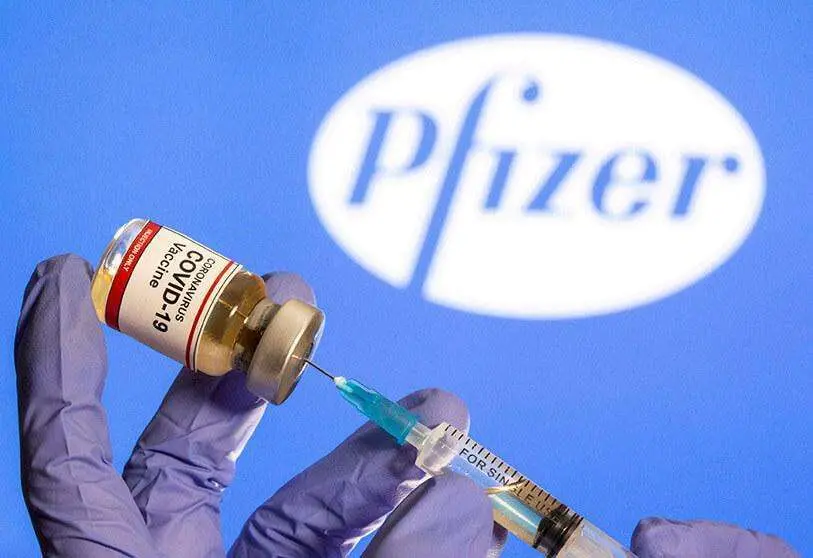The immorality of vaccines

Health does not come first, but power. And in the current circumstances, with a pandemic in accelerated expansion, pharmaceutical companies have the upper hand in the production of the longed-for SARS-CoV-2 vaccines, which have become a strategic asset.
The future direction of global public health depends on them and, in direct proportion, so does the health of the GDP, because in the game of mirrors, a vaccinated society will have more certainty to revive the longed-for economic recovery.
All countries want to start their vaccination campaigns, but there are not enough available for the vast majority at the moment, and in the midst of the bottleneck to get hold of the immunising serums, we are witnessing what was so feared: a few privileged countries are monopolising the initial production, leaving the rest as impassive observers.
If this continues, the gap will be unbridgeable, as Tedros Adhanom, head of the World Health Organisation (WHO), predicted last summer.
He has repeatedly called publicly for a "democratic and equitable" distribution of vaccines around the world so that the poorest and most underdeveloped countries, as well as refugee groups and people in war zones or civil unrest, are not left behind.
He calls it a "moral failure" as well as a failure of management in the distribution of prophylaxis that, in the absence of equity, will end up remaking a world at various speeds of recovery.
The WHO has organised a mechanism called COVAX in which 190 countries are represented to distribute the vials purchased through this platform, which acts as a negotiator with the pharmaceutical companies, and among its plans is to purchase a supply of 2 billion doses from different laboratories to be distributed before the end of the year.
Although it has got off to a bad start because some powers are monopolising almost the entire vaccine market, something that Adhanom has described as an act of speculation to "inflate prices" at the expense of benefiting only those who can pay for supplies at a higher cost.
For their part, pharmaceutical companies' production commitments are copious and in record time, considering that the coronavirus vaccine is not only the fastest vaccine ever tested and approved, but has also proved to be the most expensive in the research process: the European Union (EU) has granted up to 3.267 billion dollars, while the last administration of former president Donald Trump gave 10.761 billion dollars from the US public coffers, mainly to six pharmaceutical companies: Moderna, Pfizer and BioNTech; AstraZeneca and Oxford University; Novavax; Janssen and Johnson & Johnson; GSK and Sanofi.
The money granted to find a serum to immunise against the coronavirus and thus save thousands of human lives was granted beforehand with the intention that the contributing countries would also be the first - before anyone else - to obtain the first vials.
For example, the United States has pre-purchased 800 million doses distributed among all the aforementioned laboratories, each with different quotas; in turn, the EU pre-purchased 760 million vials.
If the pandemic, its outbreak, its development, its management and its impact on the population, together with the death rates, have become a real disaster for the government authorities, the distribution of vaccines without any litigation, without the virus of politicisation and visceral hatreds, is an outright chimera.
This anticipated failure moves like a rubik's cube, the meshing of each piece will contribute to the success or failure of each country's vaccination campaigns and will depend on a number of factors: demographics, economic capacity, organisational and decision-making capacity... and, of course, the supply of vaccines.
Are the pharmaceutical companies speculating? It is not only the WHO's complaint. A few days ago, Israel's health minister, Yuli Edelstein, acknowledged that his country had initially paid 314.6 million dollars for part of the quota.
At what price per vial? According to the minister, Pfizer-BioNTech's $47, the most expensive price on the market (the EU paid $18 and the US $20 according to WHO updates) in order to immunise its nearly 9 million inhabitants, including both Arabs and Palestinians in East Jerusalem, and totally excluding the 5 million Palestinians in Gaza and the West Bank.
At the end of January, Israel's successful vaccination campaign had inoculated more than 40 per cent of its population, making it the first country in the world to be fortified against the impact of the coronavirus.

